detail profile etsuko ikuta
Peran Yang Di Mainkan Etsuko Ikuta
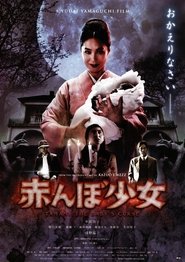 A beautiful girl Yko gets lost...
A beautiful girl Yko gets lost...Tamami: The Baby's Curse 2008
A beautiful girl, Yōko, gets lost one night during an air raid and is taken in by an orphanage. Eventually, she is reunited with her own family and goes home to live with them. But there, an unexpected fate awaits her as she is subjected to horrific brutality from these people who are tortured by a past mistake.
 Kitamori Yuki was particular about her...
Kitamori Yuki was particular about her...Flower Season 1990
Kitamori Yuki was particular about her promise to her mother-in-law Hana. The promise is that, as the daughter-in-law of Koichi, the eldest son of the Kitamori family, Hana entrusts everything to Yuki, but wants her entire family to come see her on her birthday. At that time, her second son Keisuke's daughter Megumi, who is her private taxi driver, made a mistake, and she was overwhelmed and approached Yuki for advice. Eventually, her mother Kayo of Megumi learned about this, but a period was quietly struck by her women coming to a conclusion that should be the food for Megumi's growth.
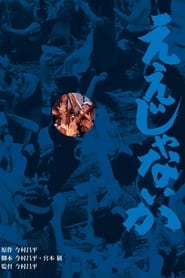 The film depicts carnivalesque atmosphere summed...
The film depicts carnivalesque atmosphere summed...Why Not? 1981
The film depicts carnivalesque atmosphere summed up by the cry "Ei ja nai ka" ("Why not?") in Japan in 1867 and 1868 in the days leading to the Meiji Restoration. It examines the effects of the political and social upheaval of the time, and culminates in a revelrous march on the Tokyo Imperial Palace, which turns into a massacre. Characteristically, Imamura focuses not on the leaders of the country, but on characters in the lower classes and on the fringes of society.
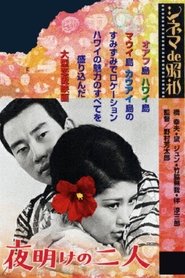 Rainbow Over the Pacific is a...
Rainbow Over the Pacific is a...Rainbow Over the Pacific 1968
Rainbow Over the Pacific is a tale of romance that moves from the streets of Tokyo to the islands of Hawaii as it weaves the story of two star-crossed lovers--Hideo (Yukio Hashi), an aspiring photographer from Japan, and Reiko (Jun Mayuzumi), a beautiful Sansei Cherry Blossom contestant from Hawaii--who are drawn together by destiny, yet appear to be fated to be apart. Will the sun set on their young love, or will it be the dawn of a new relationship?
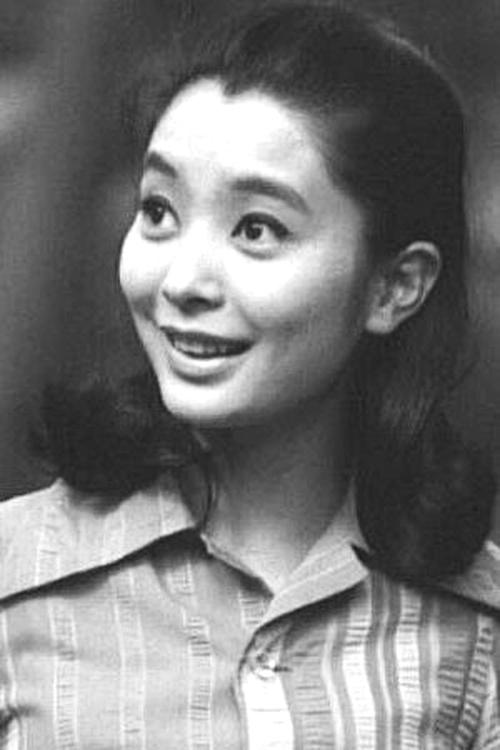
 Sisters Yoshie and Kikue are two...
Sisters Yoshie and Kikue are two...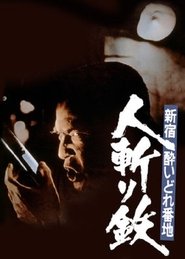 After serving 10 years in prison for...
After serving 10 years in prison for...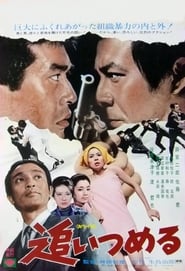 The story of the desperate struggle...
The story of the desperate struggle... Coming of agehigh school sports drama
Coming of agehigh school sports drama Five fellows are taken by the...
Five fellows are taken by the...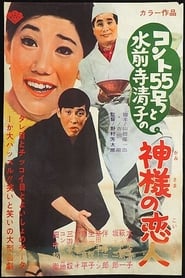 Comedy about two employees who work...
Comedy about two employees who work...